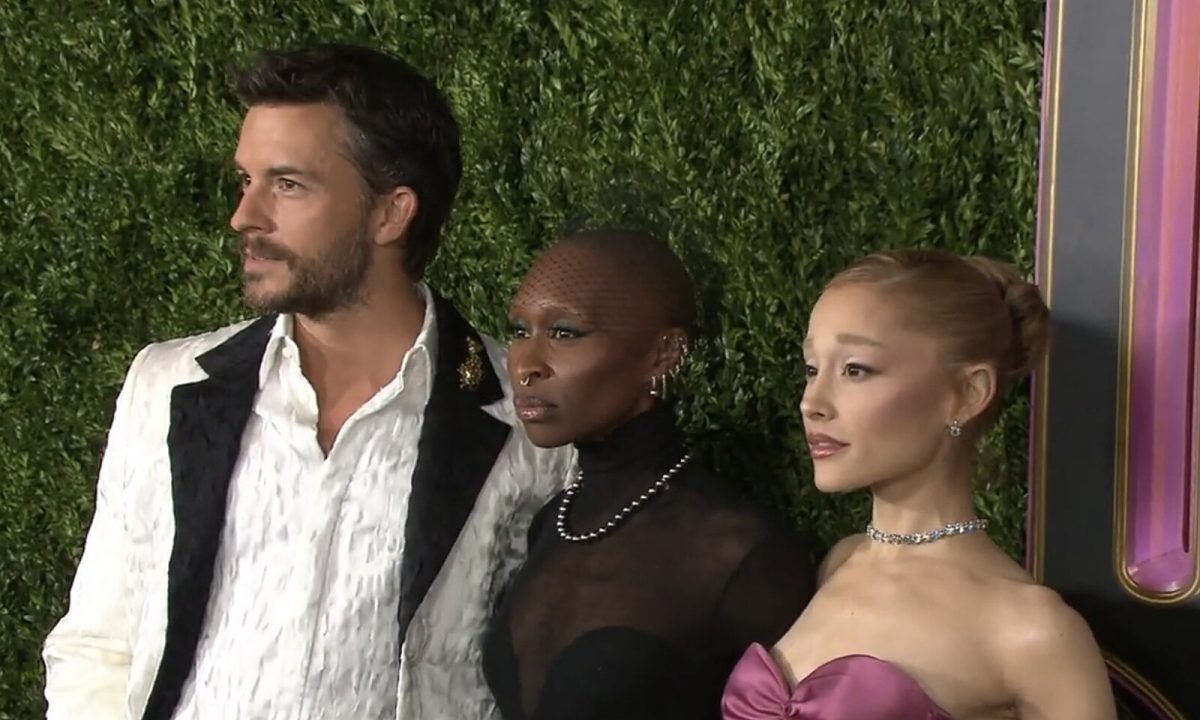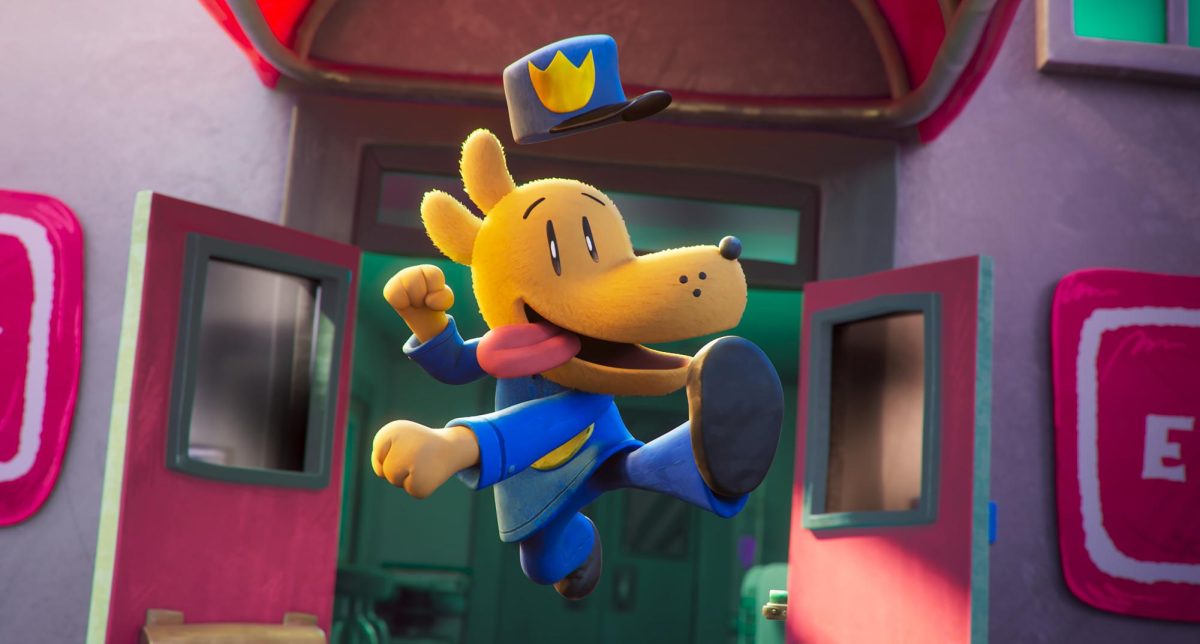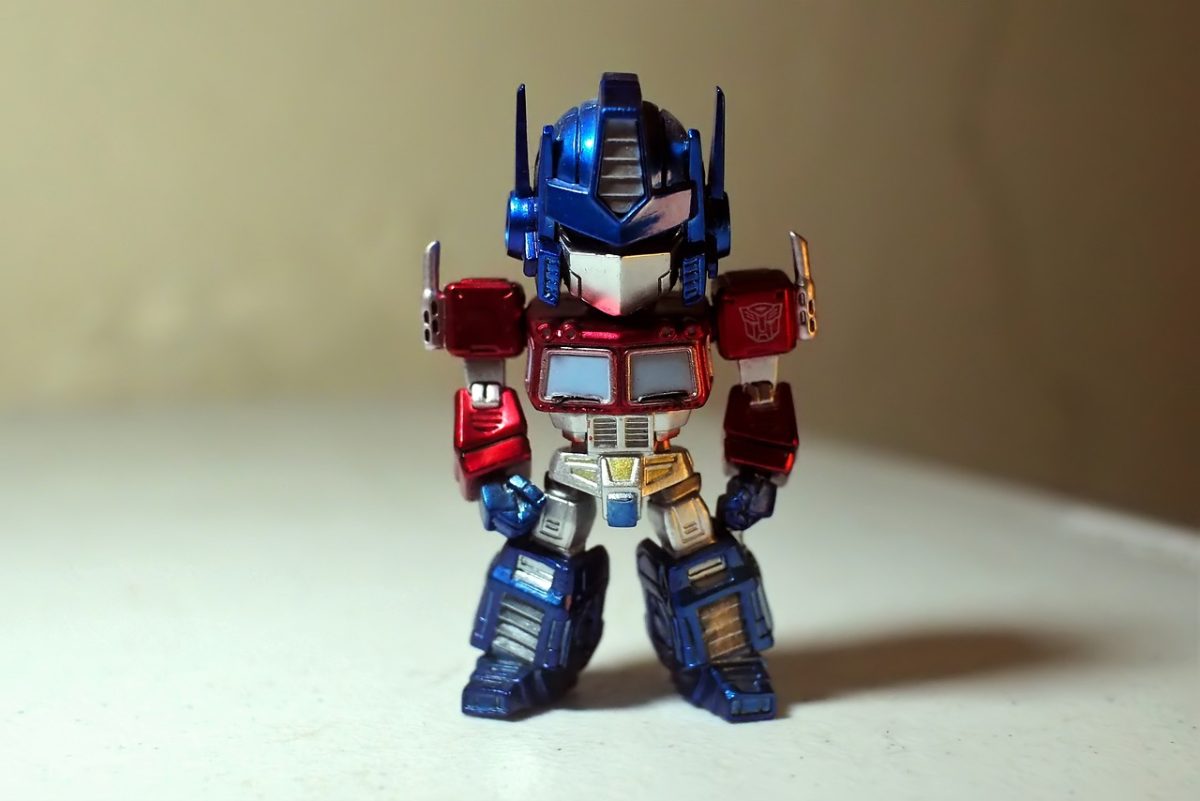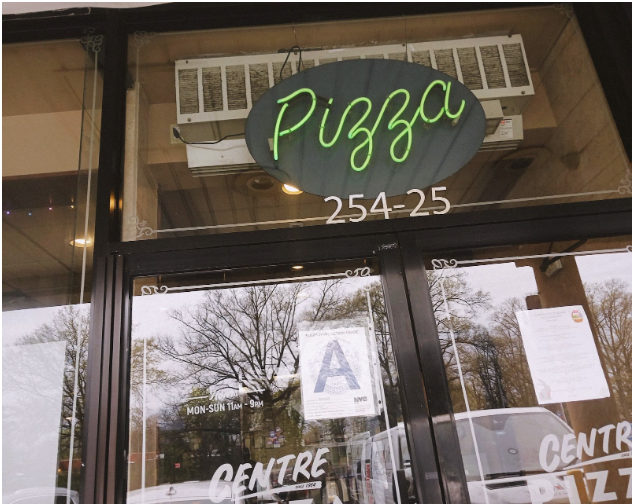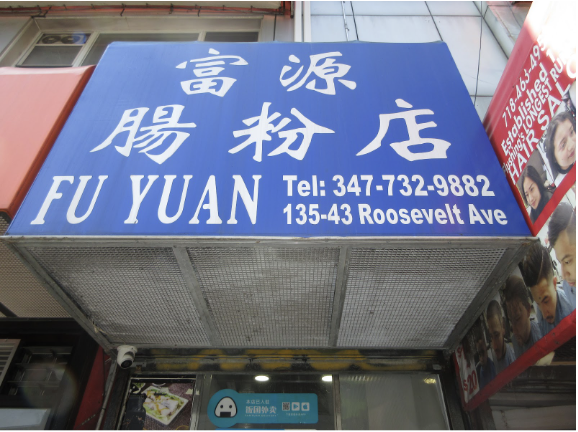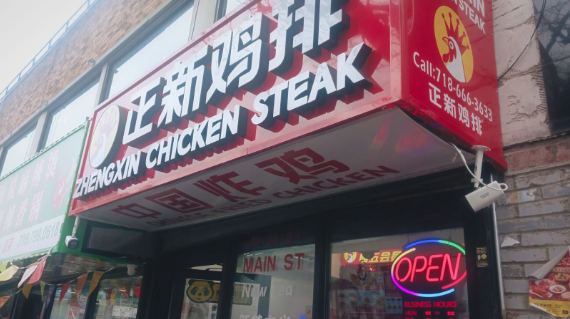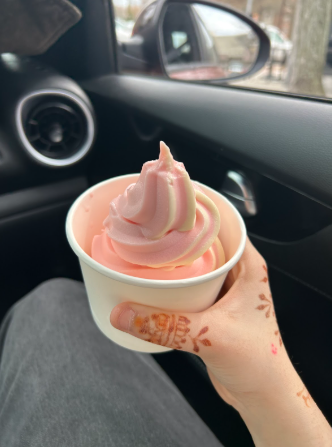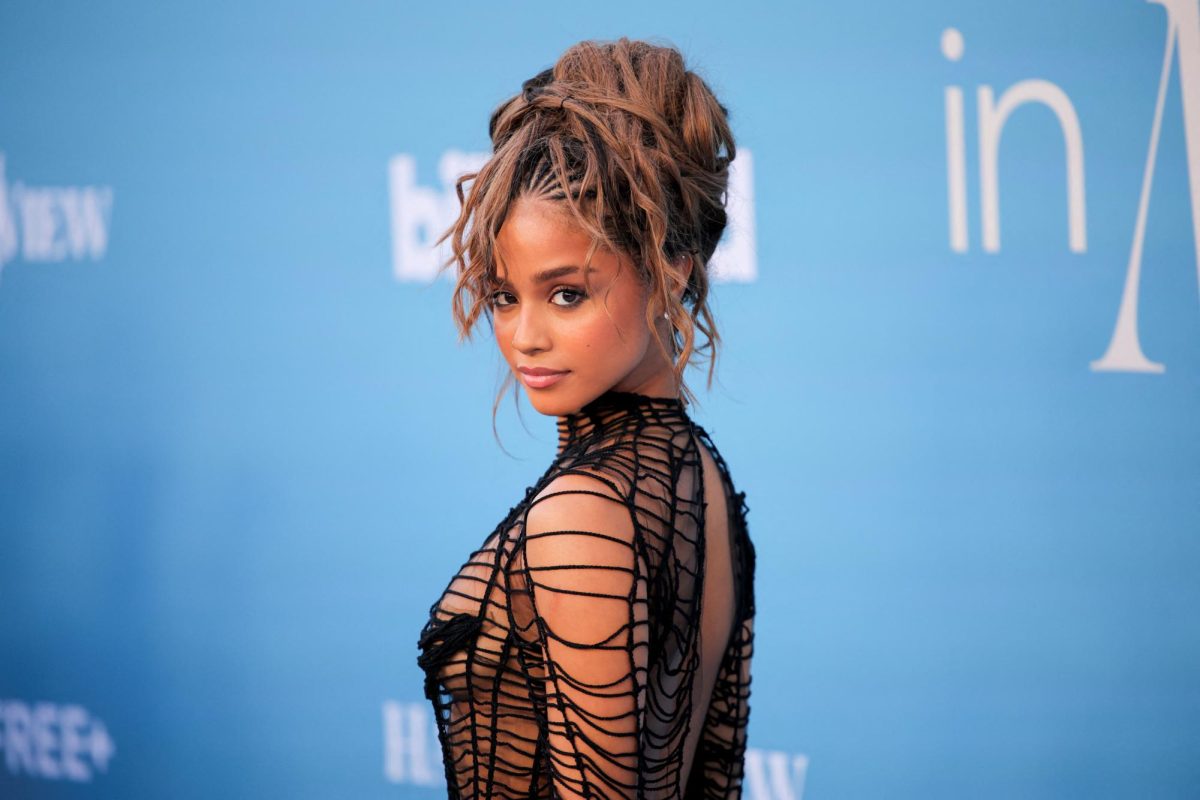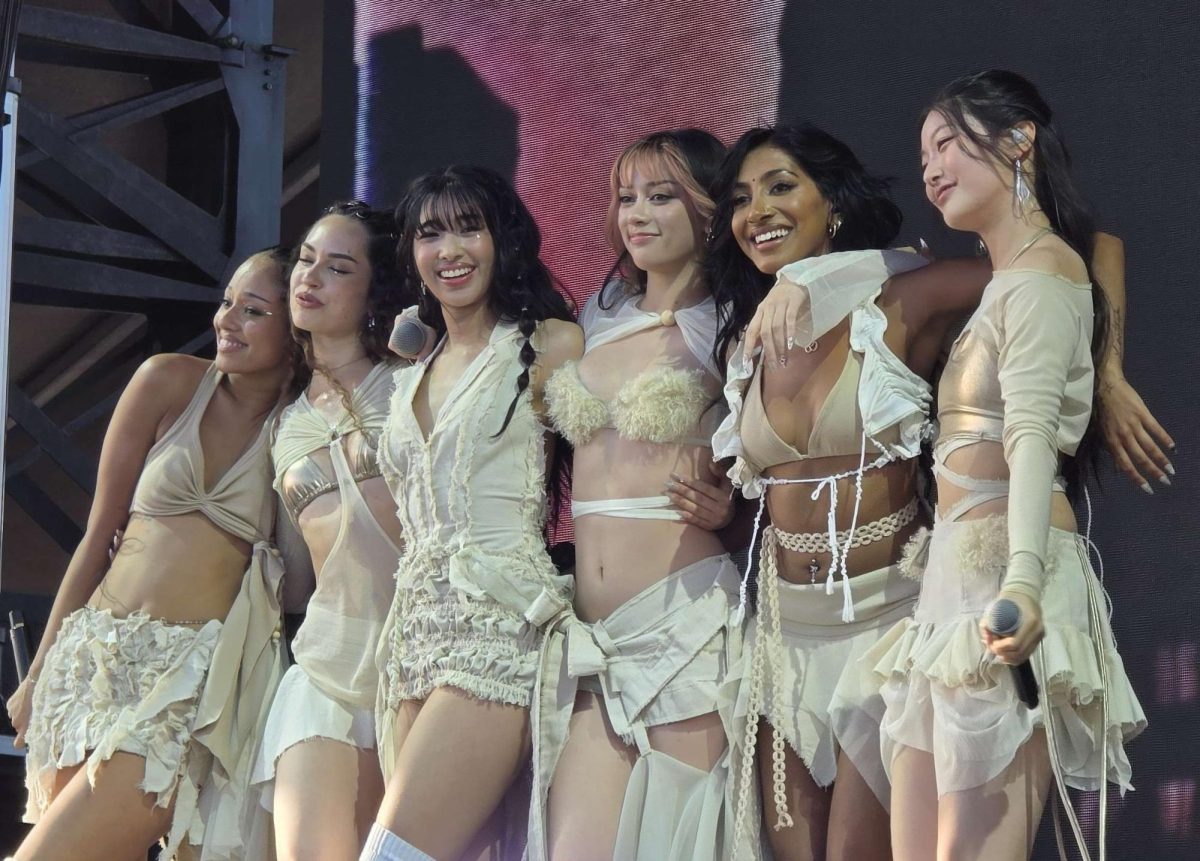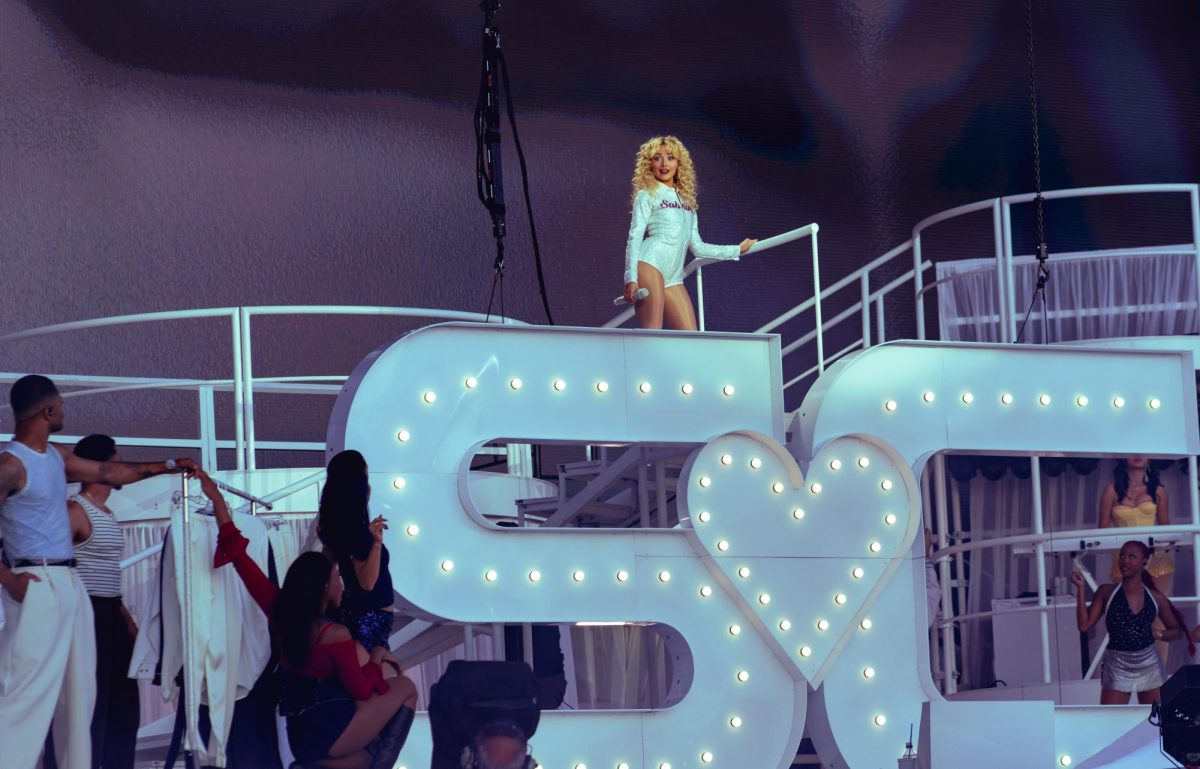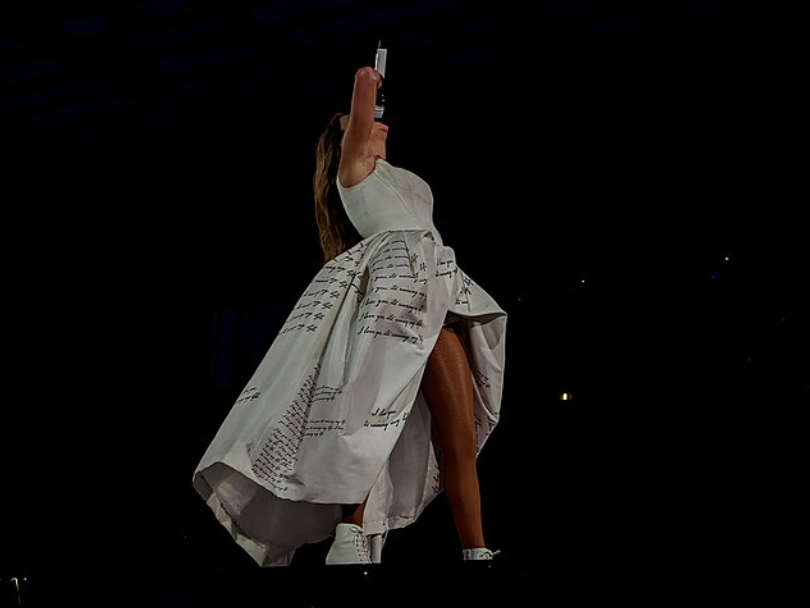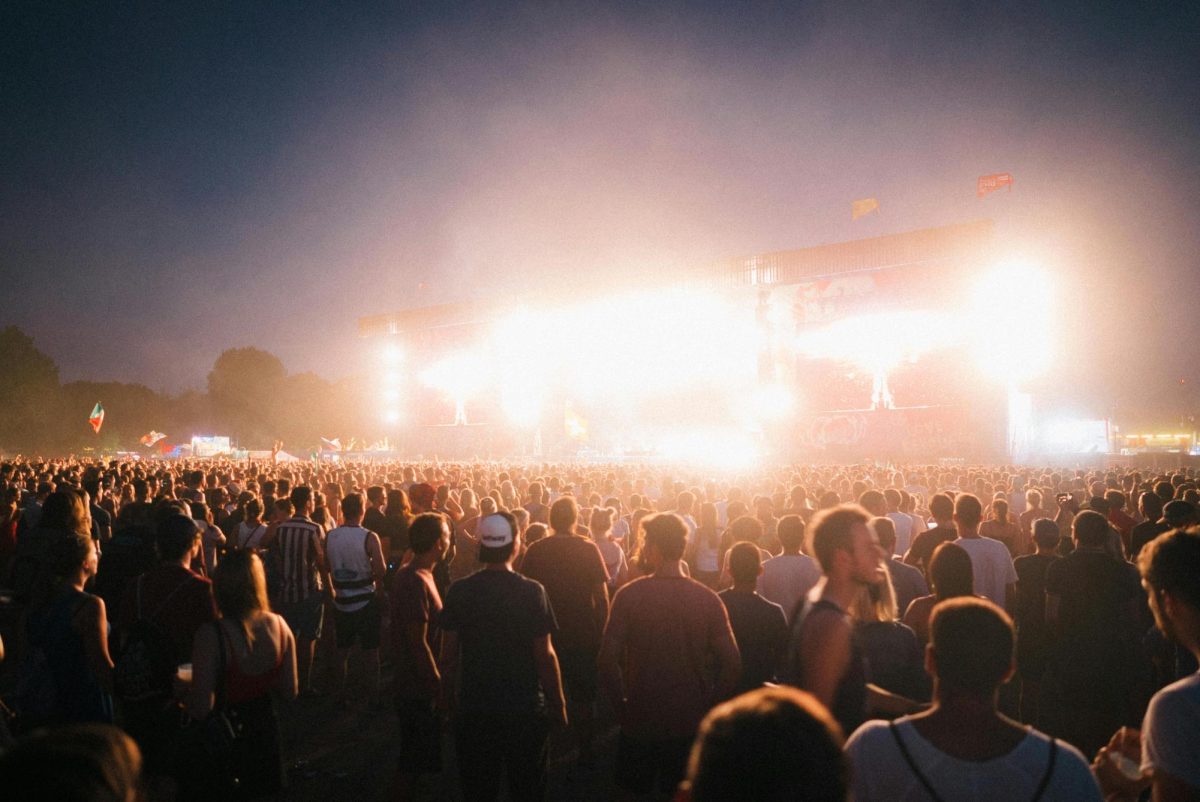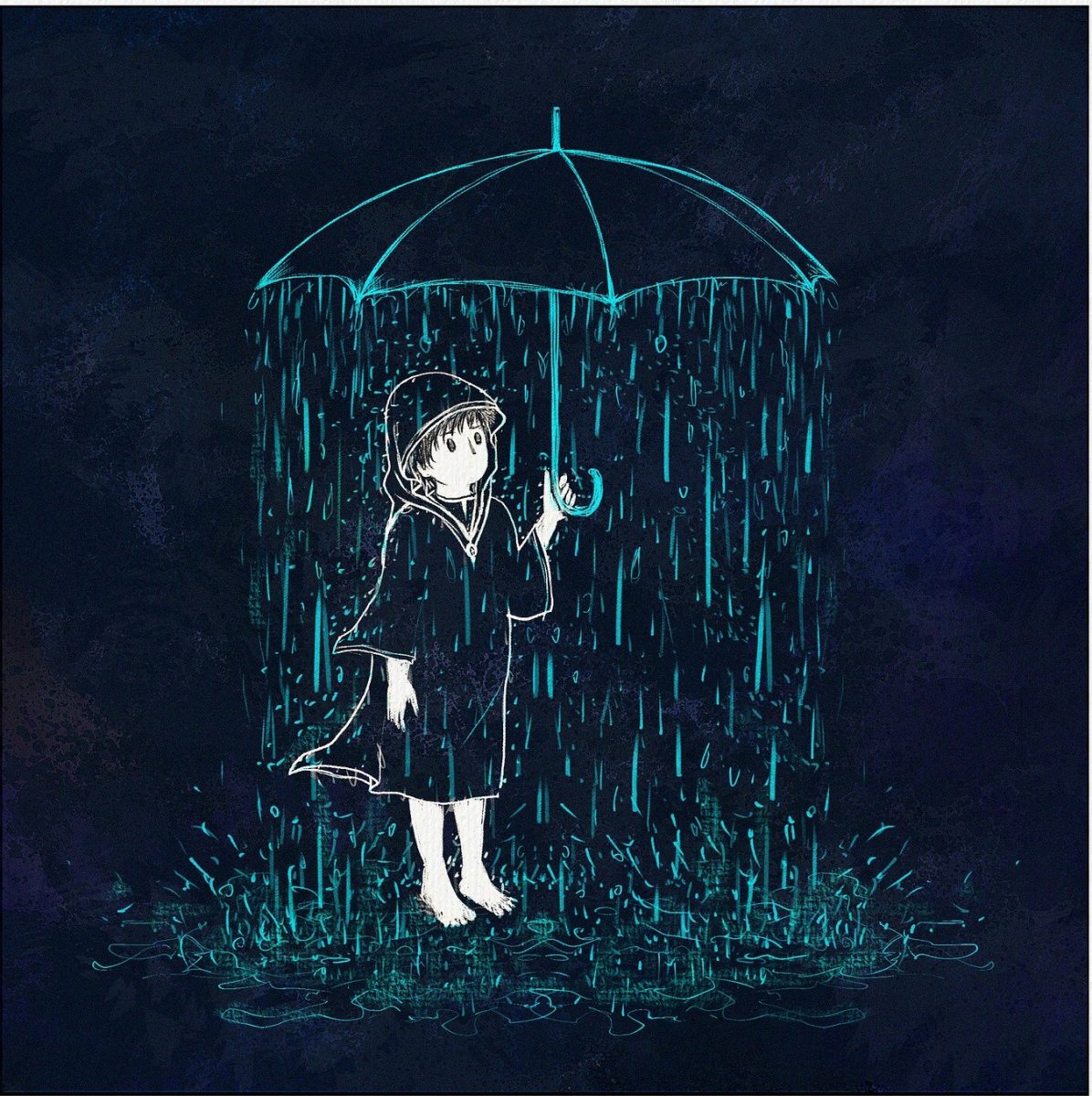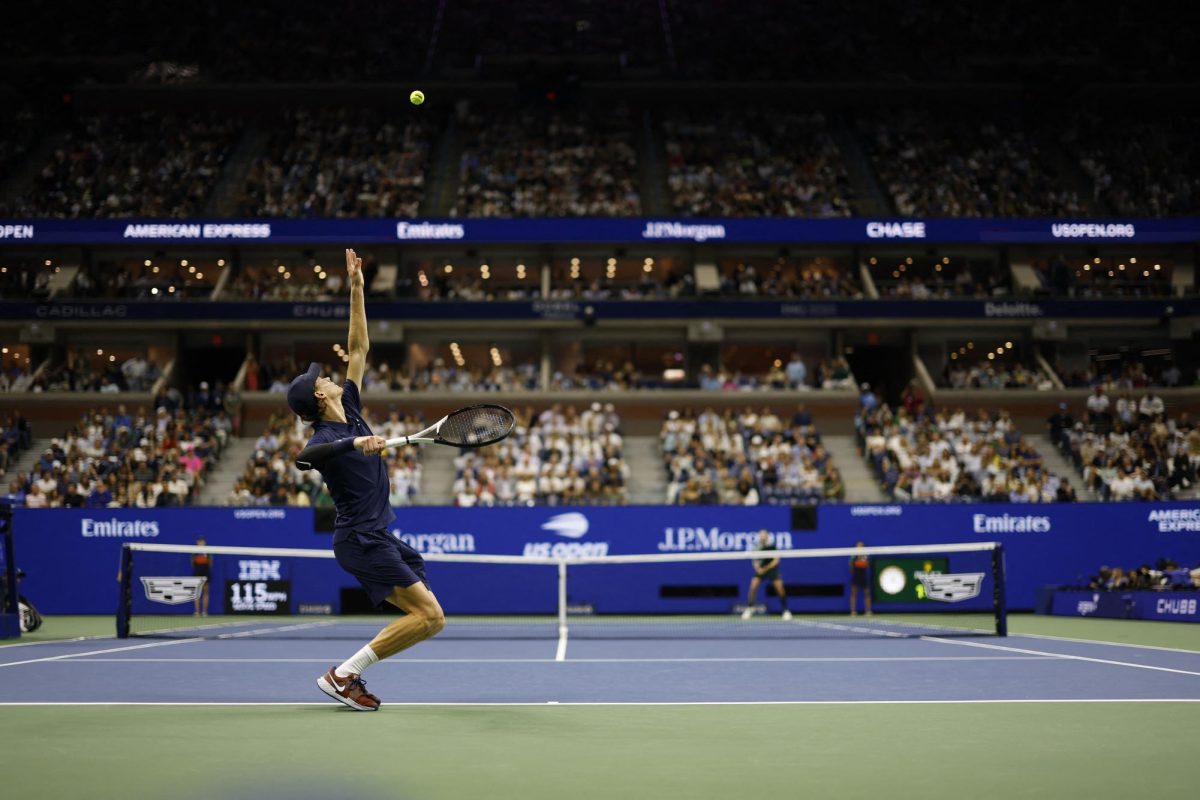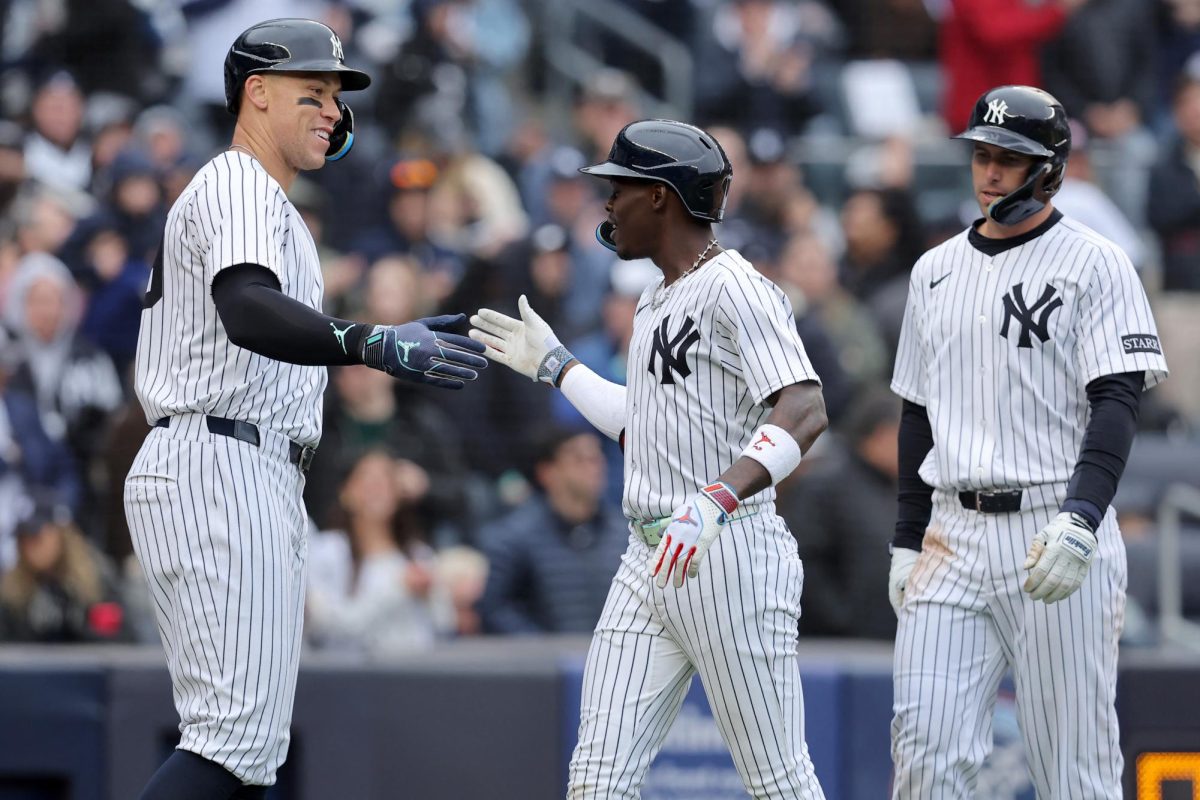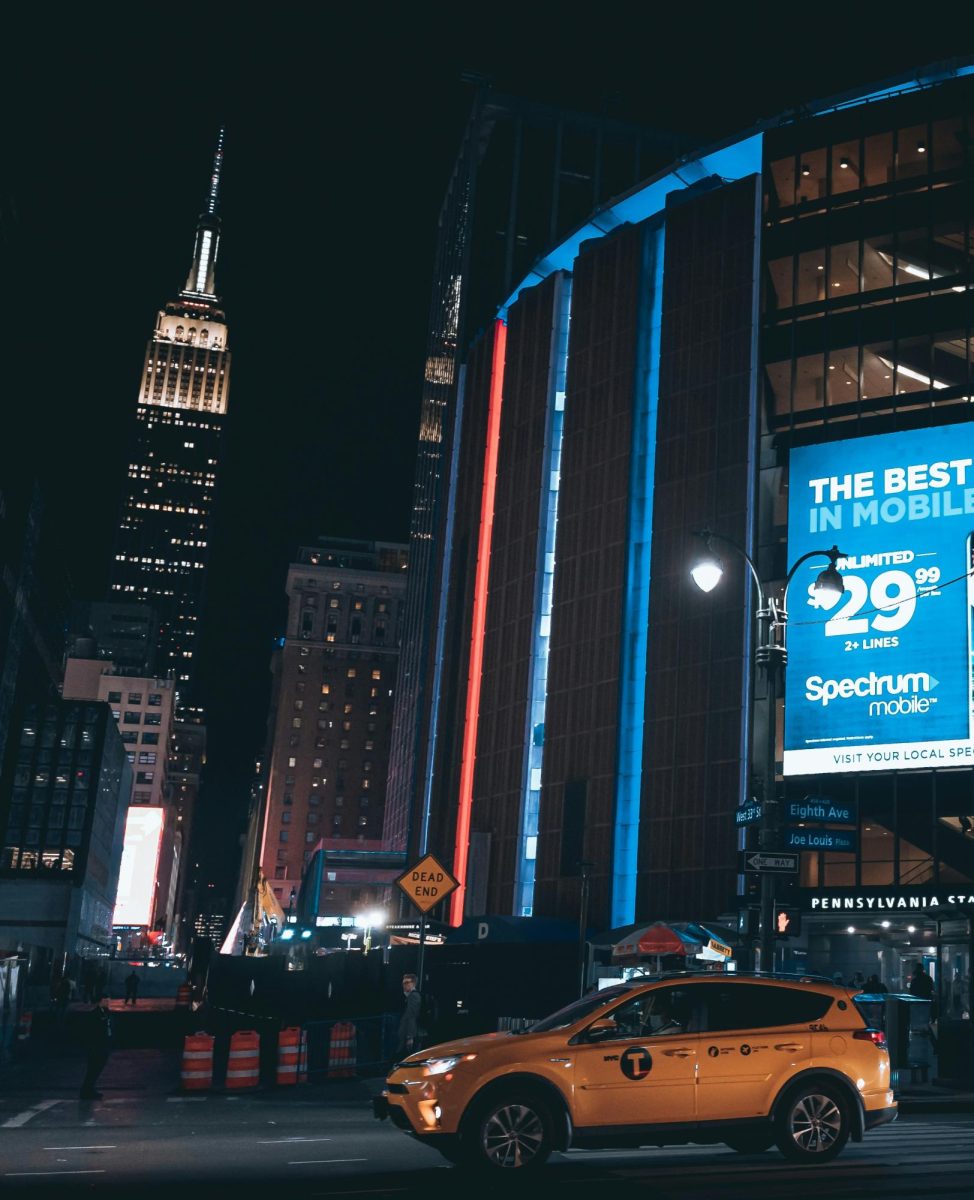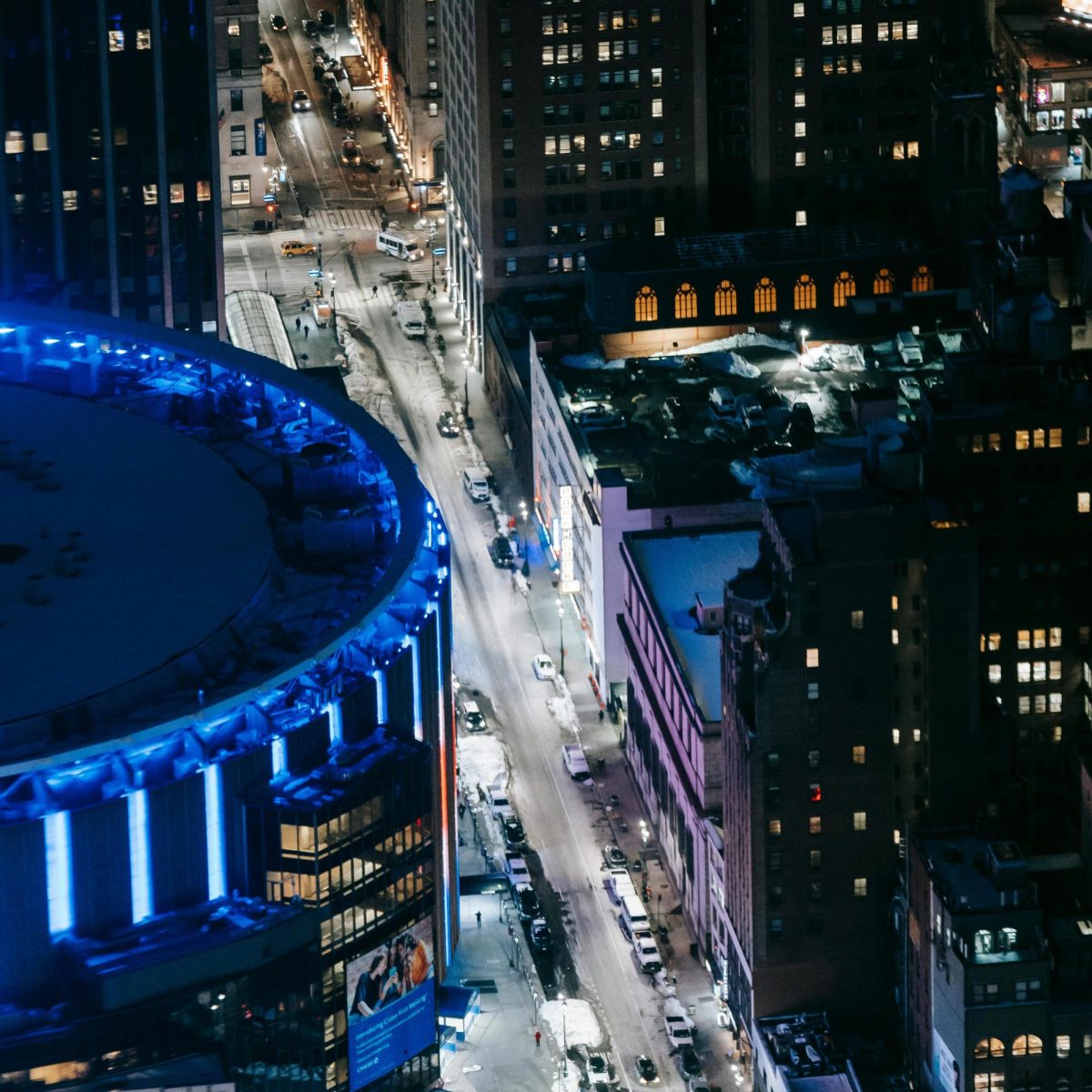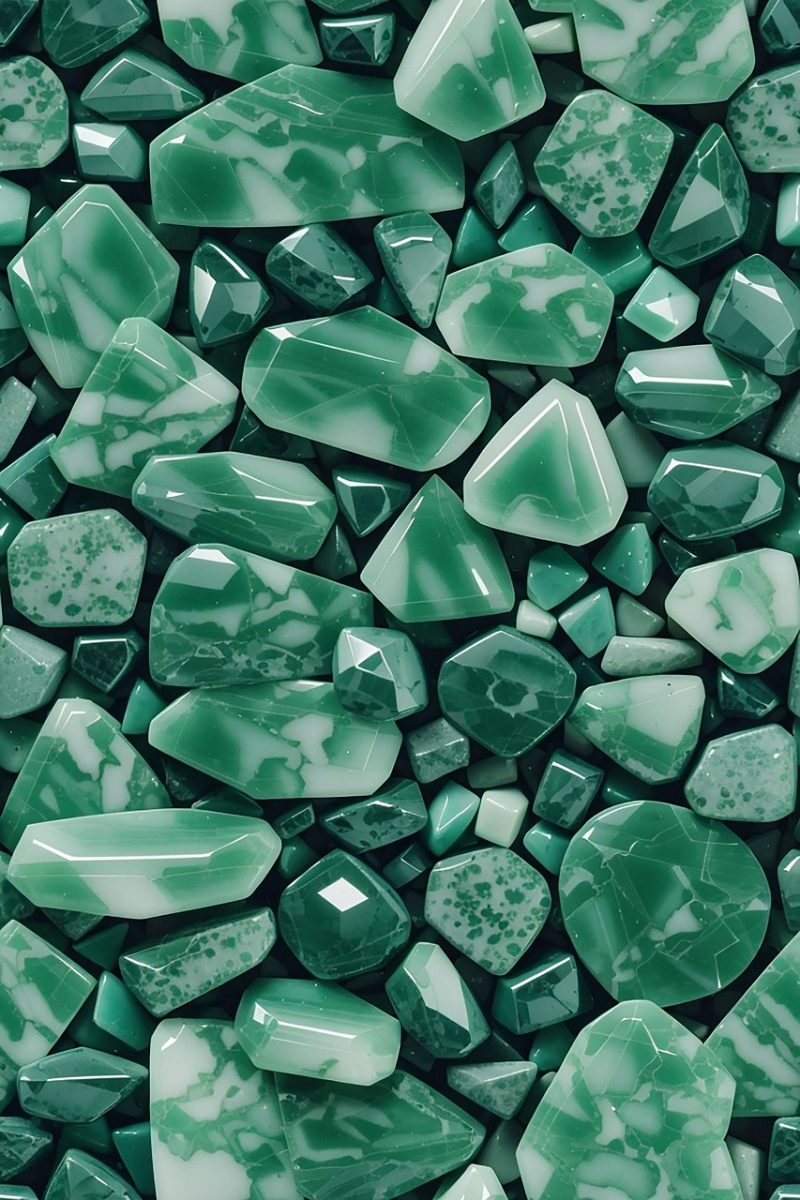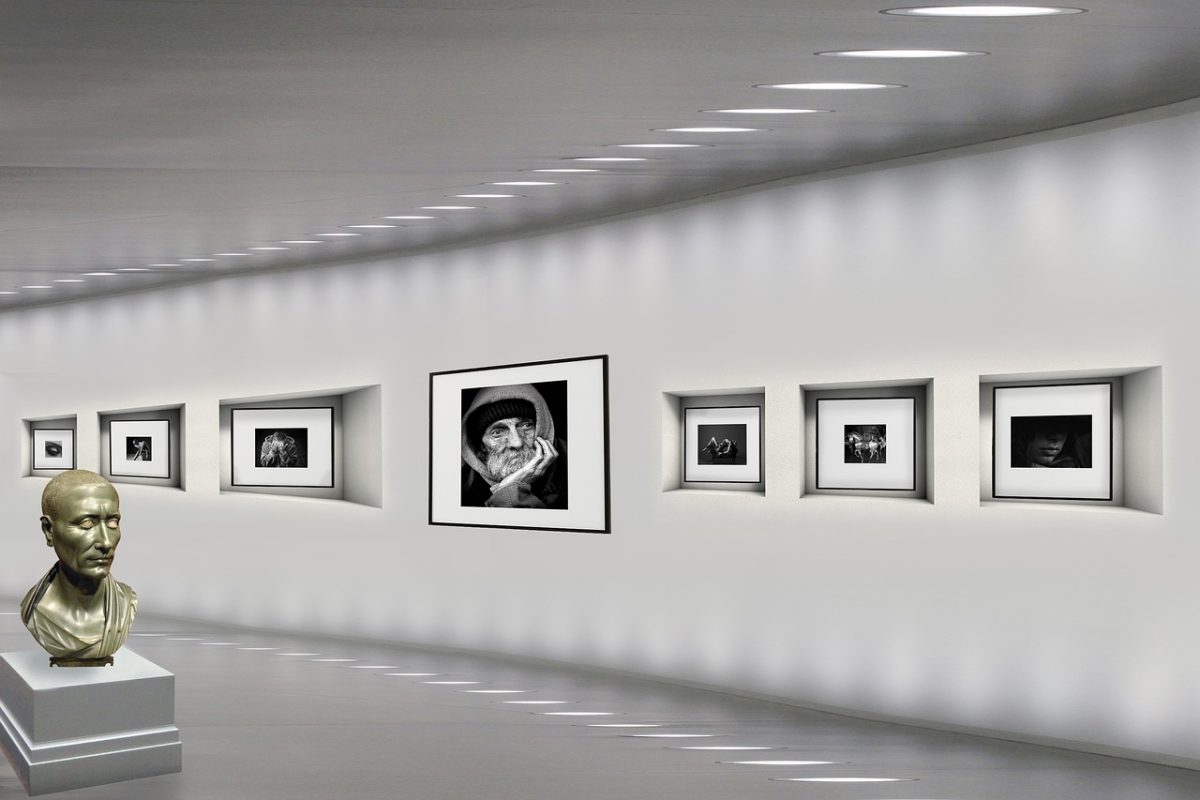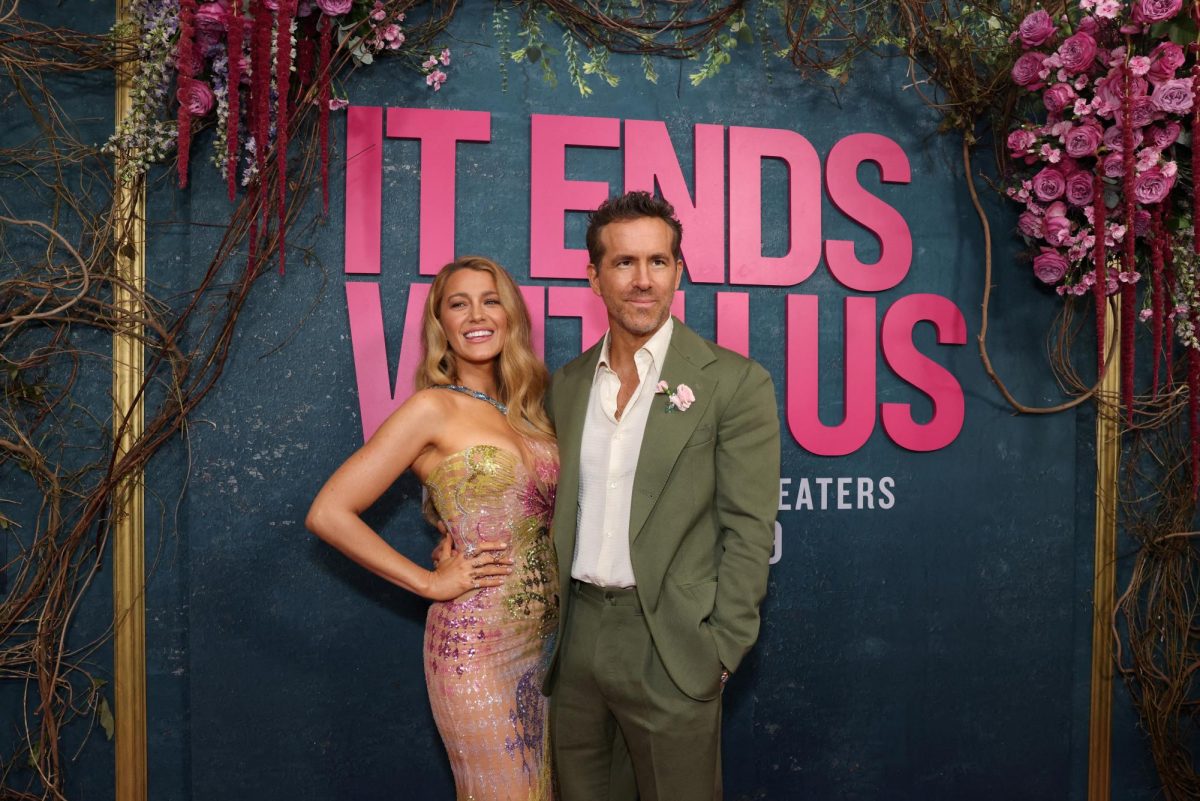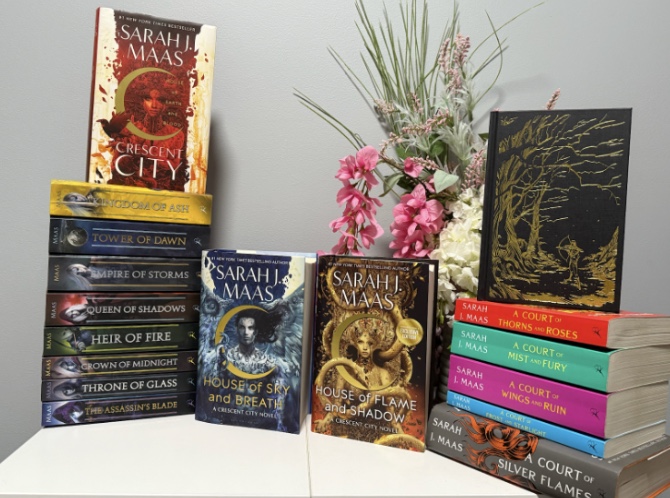
The Marvel Cinematic Universe (MCU) a title that millions of individuals have come to know and love since the debut of Iron Man (2008), it is, with much reason, undoubtedly one of the largest fantasy universes that has shaped our modern generation, the way Star Wars did in the 80s. But if you’re one of those committed fans like myself who have stuck around since the positive reception of Avengers: Endgame (2019), the once-cherished MCU has not been in good shape. With the recent disastrous releases of The Marvels, Secret Invasion, Ant-Man, and the Wasp: Quantumania, She-Hulk, and several other projects all bombing at the box office and/or Rotten Tomatoes, the MCU has shown itself to be crumbling.
But one project managed to outshine them all and gave viewers hope. With a smooth exposition, Loki Season 1 (earning 90+ in both critic and audience scores on Rotten Tomatoes) follows Loki’s transport into the Time Variance Authority (TVA) as he travels on a high-stakes adventure across different points of time in the multiverse to capture a female variant of himself, Sylvie. Culminating in the full introduction of the MCU’s new big bad(s), Kang, played by Creed Star Jonathan Majors, the Season 1 finale sees Sylvie mercilessly kill He Who Remains (HWR), a Kang variant, who established and ran the TVA to manage one sole timeline and eliminate others, effectively ending the Multiversal War which saw other Kang variants bent on multiversal conquest. With HWR dead, the multiverse begins to branch and start the war again.
Loki Season 2 aired on Disney+ from October 5th to November 9th and immediately enveloped viewers in an engaging, intricate, and unpredictable storyline. With the addition of the legendary Oscar-winning actor, Ke Huy Quan, the show was immediately stolen by his complex and energetic character, Ouroboros, who played a vital role in the story. As someone who has not viewed any of Ke Huy Quan’s works in the past before, I immediately fell in love with his portrayal of such an unconventional character and the way he was able to make it complement the other characters within the story. Aside from this, what made Loki Season 2 perfect was the perfectly coordinated mix of pacing and a high-stakes tone, as well as a very dark tone at one point throughout the story, while still leaving room for philosophical conversations between characters leading to stronger bonds, character development and the understanding that sacrifices must be made. It makes viewers feel as if they were experiencing everything themselves, always knowing that meaningful moments, whether it be a mission or a conversation, manifest themselves in a multitude of ways.
Truthfully, the entirety of Season 2 felt like a complex rollercoaster with a twist in the way it was executed. Its use of peaks and valleys was phenomenal, as well as the way it came full circle to Season 1 and ended in a manner that absolutely nobody was expecting. Hitting it off with a running start to settle down its emphasis to in-depth character discussion and mission planning to finally a poetically beautiful ending for Loki made this entire show a masterpiece. The heavenly soundtrack served as the cherry on top throughout the entire show, completely reinforcing the experience. There were heartbreaking, shocking, and most of all adrenaline-filled moments that took viewers back to the old magic the MCU had and can still have. Loki Season 2 took its twist on The Hero’s Journey, and never once abandoned what always characterized and made Loki himself as he learned to embrace his extreme care for those around him. The non-linear approach to the storyline reflects the non-linear life of our beloved protagonist finding his glorious purpose even before the show began. It universally teaches viewers that our lives are the same way in this world, and as long as we embrace that while caring for others, we’ll all find our own glorious purpose.




